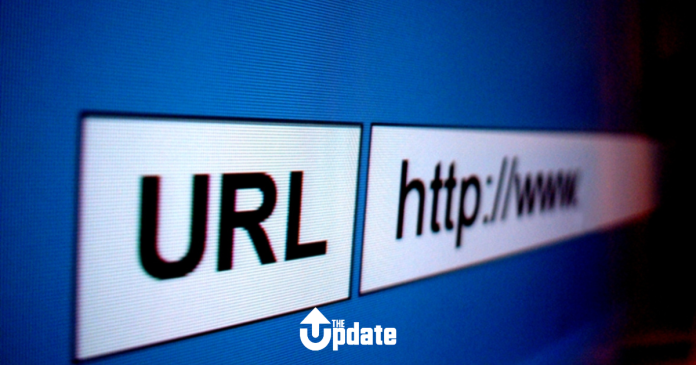In the context of web addresses (URLs), both URL parameters and query strings refer to ways of passing data in the URL, but they are used slightly differently.
1. URL Parameters:
- Definition: URL parameters are key-value pairs added to the URL to pass data to the web server or web application.
- Position in URL: They are typically part of the path of the URL, often after a
/. - Example:
https://example.com/products/category/shoes/size/large- In this example,
categoryandsizeare URL parameters with valuesshoesandlargerespectively.
- In this example,
- Usage: URL parameters are commonly used to define a specific resource or category on a website, often as part of the URL structure.
2. Query Strings:
- Definition: Query strings are a part of the URL that starts after a question mark (
?) and contains key-value pairs separated by an ampersand (&). - Position in URL: They appear at the end of the URL after the main page or resource path.
- Example:
https://example.com/search?query=shoes&size=large- In this example,
query=shoesandsize=largeare query parameters, used to filter the search results.
- In this example,
- Usage: Query strings are used to pass data to the server, like search parameters, filters, or pagination. They are often used to send dynamic data.
Key Differences:
- Location in URL:
- URL Parameters: Part of the path (
/products/category/shoes). - Query Strings: After the question mark (
?query=shoes&size=large).
- URL Parameters: Part of the path (
- Structure:
- URL Parameters: Usually part of a structured path, often representing hierarchical information.
- Query Strings: Represent data or filters passed to the server in the form of key-value pairs.
- Common Usage:
- URL Parameters: Often used for clean, hierarchical URL structures (e.g., product categories, specific resource identifiers).
- Query Strings: Used for passing data for searching, filtering, or other dynamic actions.
In short, URL parameters are part of the URL path and represent specific identifiers or categories, while query strings are appended at the end of the URL after a ? and are used to pass data like search queries or filters.


